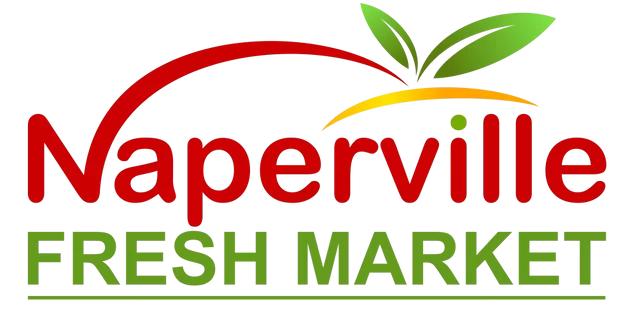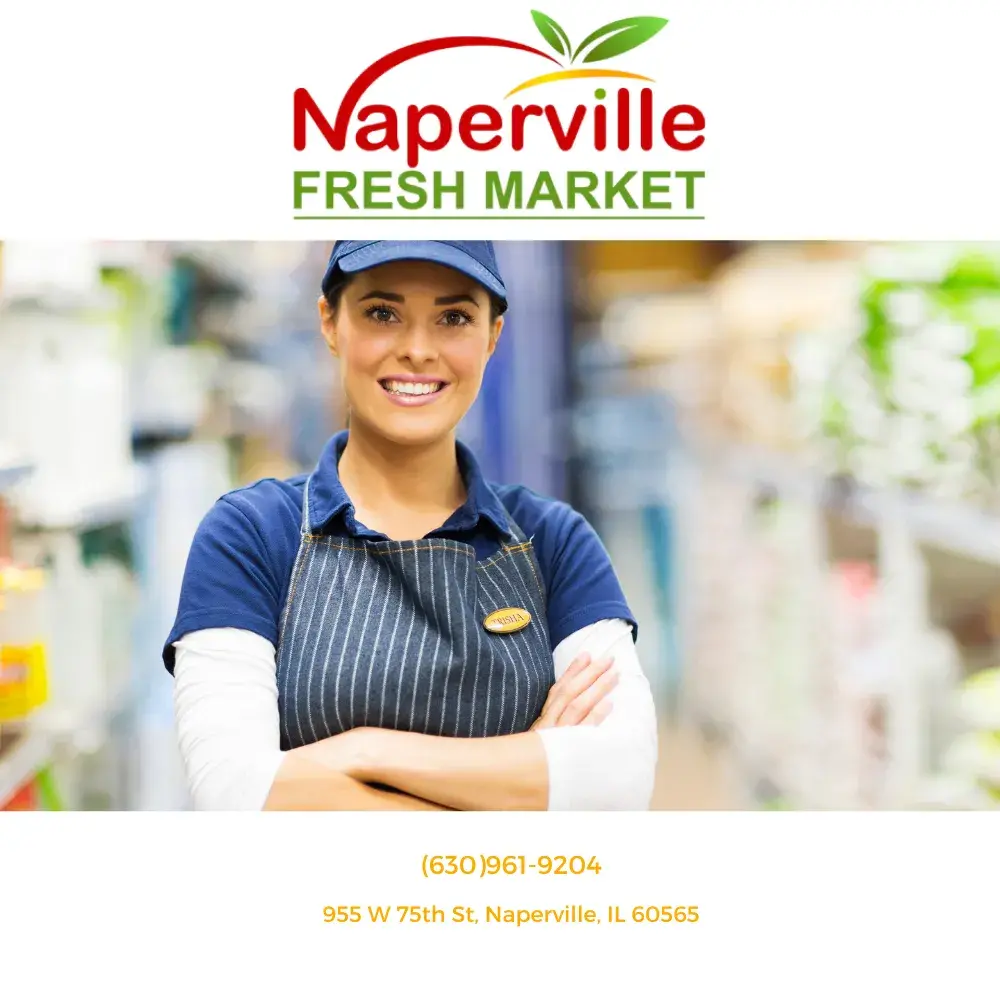Understanding Supplier Cultures and Expectations
For supermarkets aiming to become a go-to international market, understanding the cultures and expectations of suppliers from different regions is crucial. This step involves respecting varying business practices and working hours, as well as adapting to language differences that can impact negotiations. Building a successful partnership often requires acknowledging local customs, which can help cultivate a positive reputation among suppliers. Recognizing these cultural nuances not only strengthens the business relationship but also facilitates smoother logistics, as suppliers are likely to prioritize partnerships that show respect for their customs and work methods.
Effective Communication as the Cornerstone of Partnerships
One of the main challenges for supermarkets striving to become a successful international market is ensuring open, transparent, and efficient communication with global suppliers. This includes establishing a clear communication protocol, ensuring response times are timely, and sharing essential updates that impact the supply chain. Regular check-ins, virtual meetings, and a commitment to resolve misunderstandings promptly help build trust. A dedicated liaison for supplier communication can further streamline processes, making it easier to address potential issues before they affect product availability. By investing in strong communication practices, supermarkets can foster reliability and reinforce their reputation as a dependable business partner.
Emphasizing Quality and Standards
For an international market to succeed, quality control must be at the forefront of its partnership strategy. Many suppliers around the world adhere to varying standards, and it’s crucial for supermarkets to communicate their quality expectations early on. Whether dealing with fresh produce, packaged goods, or specialty items, having strict guidelines ensures that customers receive consistent quality across all products. Collaborating with suppliers on quality testing protocols and providing feedback loops reinforces the supermarket’s commitment to excellence. This emphasis on quality can increase the supplier’s loyalty, as they feel directly involved in delivering a premium experience to customers.
Adapting to Market Trends and Customer Demands
For a supermarket that operates within the international market sphere, adapting to changing customer preferences and market trends is essential. Customers today are increasingly interested in sustainable and ethically sourced products, so supermarkets should work closely with suppliers who prioritize these values. Establishing a shared vision around environmentally responsible practices not only meets consumer demand but also enhances the supermarket’s brand image. Moreover, by being responsive to trends, supermarkets can introduce unique and sought-after products faster, giving them an edge over competitors who may lack strong global supplier relationships. As a result, these adaptive strategies encourage long-term partnerships and position the supermarket as a leader in the international market space.
Ultimately, building strong partnerships with global suppliers requires a strategic approach that balances communication, cultural respect, quality assurance, and adaptability. Supermarkets that invest time in nurturing these relationships can create a more reliable and appealing international market for their customers, enhancing both their supply chain stability and customer satisfaction.
Learn More
The Benefits of Partnering with International Suppliers for Supermarkets




